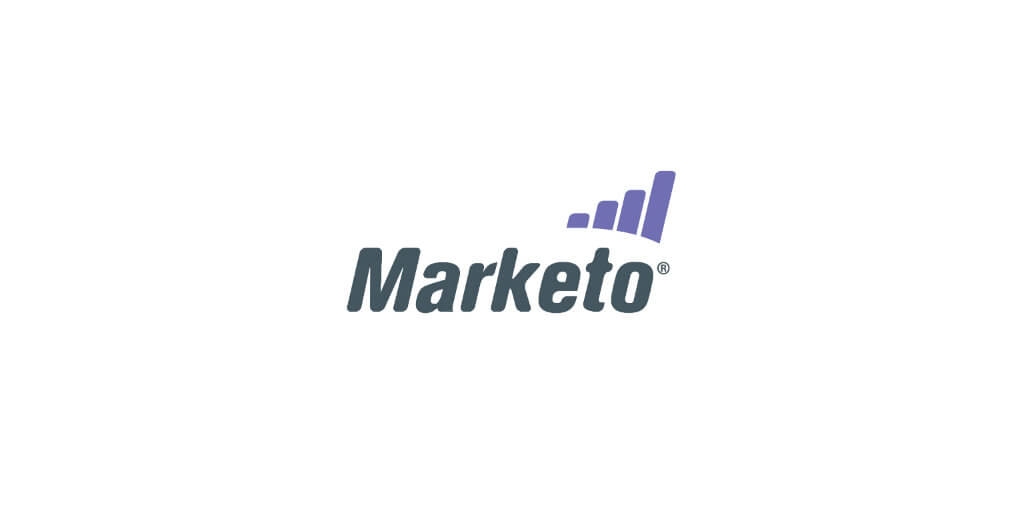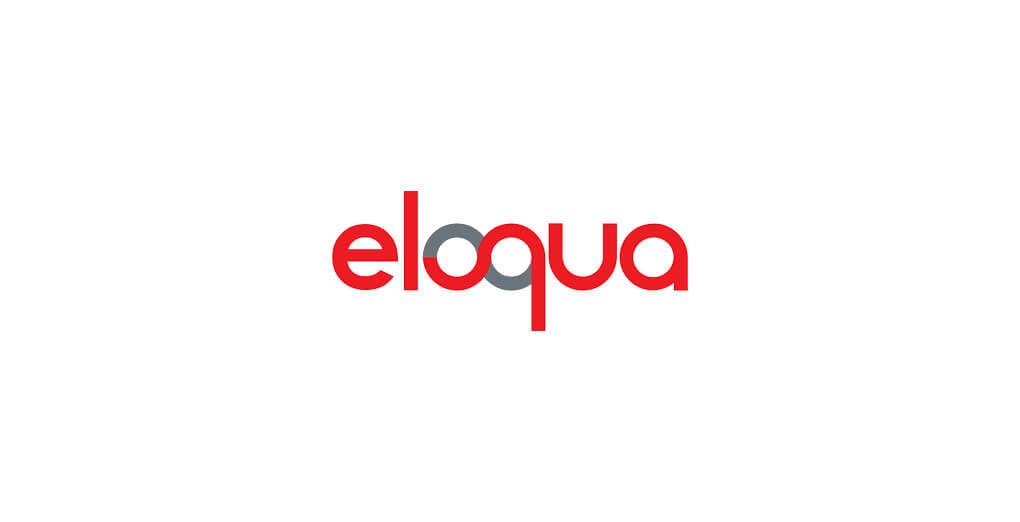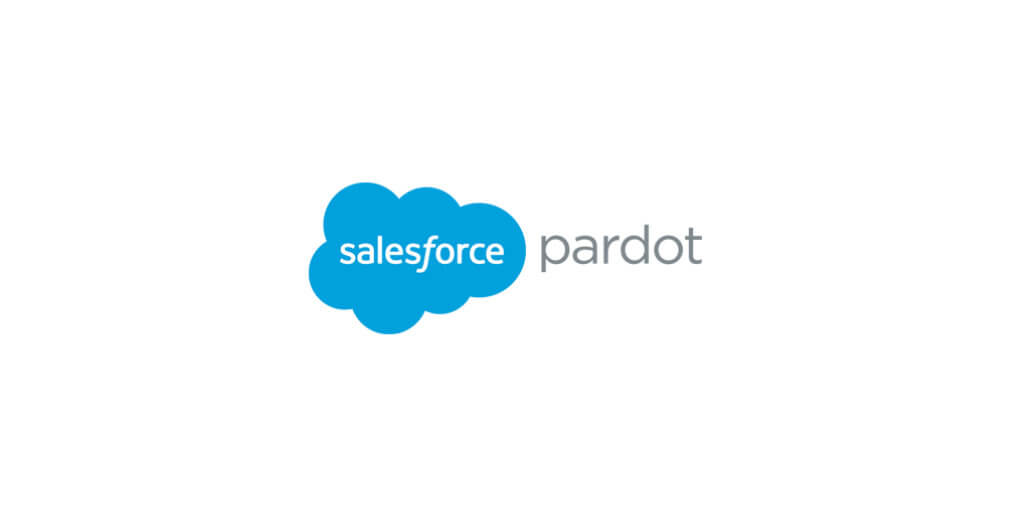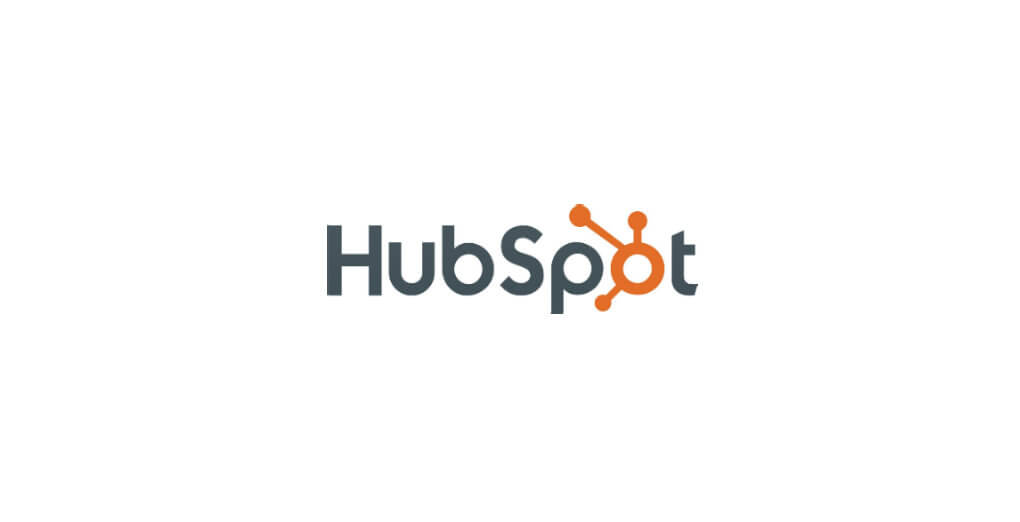The world of marketing is always evolving.
Check out our insights featured in Upcity's Top Marketing Automation Software in 2022.
Today there are a seemingly endless number of avenues that marketers can explore in order to engage with their audiences. From social media to digital display, via content, traditional and even interactive - multi-channel marketing campaigns offer an abundance of options for organizations to tap into.
But with so many channels to maintain, it can be tough for modern marketing professionals to keep everything on track. Fortunately, there are a variety of tools available that offer organizations a more efficient way to manage their marketing efforts.
Tapping into this technology is known in the industry as Marketing Automation. A modern solution to the complex marketing challenges that businesses face in today’s digital-dominated landscape.
But first, what is marketing automation and why should you use it?
Marketing automation is a type of software that streamlines and automates activities. The idea is to help busy marketers design and manage the optimal brand experience for consumers, in one place.
Marketing automation manages everything whether it’s your landing pages, workflows, email responses, content strategy, or lead nurturing - and reports on it all. The software is the mission control for all of your marketing activities, gathering together the various strands of your sales and marketing into one place.
The advantages of using marketing automation are tremendous and there are many different marketing automation tools to help streamline and simplify your workflow. With so many platforms available, it’s important to pick the best platform for your organization to make sure that marketing automation boosts your bottom line rather than putting a drain on your resources.

Who is marketing automation designed for?
For marketers
Marketing teams of all sizes can implement marketing automation. The software is endlessly customizable, and if you have the time and know-how, you can build incredibly complex workflows within the programmes. You can also get very granular with your audience segmentation with fairly minimal upkeep. Features such as lead scoring and lifecycle tracking are huge when it comes to better insights on your leads and customers.
For sales
Sales teams can utilize a marketing automation platform to build out highly complex lead lifecycle workflows that assign, score, and track the progression of any lead that becomes marketing-qualified or sales-ready. Real-time alerts help sales and marketing teams get aligned — the right leads are delivered to the right salespeople in record time, allowing reps to follow up quickly and get the conversation started.
What are the best marketing automation platforms available to B2B organizations?
Marketo
Marketo is one of the most powerful platforms in the game and one of the most mature. It is a robust product with lots to offer. However, it does require a significant commitment in terms of the product cost and the hours necessary to get it up and running.
Despite its complexity, agencies like ourselves can help customize and configure your Marketo integration to help you get the best out of it. This platform is best suited for mid-level to enterprise organizations.
With Adobe having acquired Marketo in September 2018, we believe this will only improve Marketo’s offerings and customer service.
Pros:
- Has many pricing tiers to let you choose the best fit for your company.
- Integrates with most CRM systems, such as Salesforce and Oracle.
- Has an easy to use interface, which is helpful for those with little IT or coding skills.
- Has a great knowledge base which is helpful for first-time users.
Cons:
- There is room for improvement with the landing page editor, specifically regarding responsive design and form building.
- Limited analytics and reporting functionality.
- Requires a significant investment to set up in terms of cost, resources, and training.

Oracle Eloqua
Oracle Eloqua was one of the first companies to provide marketing automation software to organizations. Their platform is designed to create an impact for large enterprise companies and has grown into an efficient personalization device that helps manage multiple campaigns across different marketing channels. The product also allows for a strong alignment between sales and marketing teams. This is due to Oracle Eloqua’s ability to share relevant data with the sales team and allows them to communicate with the marketing team within the same platform.
Pros:
- Has many advanced features and can handle complex workflows very well.
- The application performance is robust.
- Excellent report generating system.
Cons:
- No integration with Google Ads that leads to extra cost on PCC per year for many enterprise businesses.
- Does not offer a trial program.
- Steep learning curve.
- At the higher end of the cost scale.

Pardot
Pardot is a Salesforce programme that is designed for mid-sized B2B companies. It focuses on five different B2B marketing automation features: streamlined lead management, smarter lead generation, effortless email marketing, seamless sales alignment, and insightful ROI reporting respectively.
Major Tom helps clients to integrate Pardot with other applications so that marketing and sales teams work well together and generate more high-quality leads. We support brands with direct personalized experiences toward each customer type by utilizing Pardot Engagement Studio.
Pros:
- Pardot’s Lead Deck Prospect Monitor gives you real-time updates of visitor activities.
- Integrates seamlessly with Salesforce.
- You can easily customize its tools, which very few providers allow.
Cons:
- The reporting system isn’t as effective as other providers.
- A/B testing and API access only available to PRO users.
- Additional charge for phone support.

HubSpot
HubSpot is an excellent fit for businesses of all sizes. It is an inbound marketing tool that turns outbound lead generation into inbound lead generation. HubSpot allows you to customize the dashboards you like to view and analyze your data. It also offers dozens of features that you need for your marketing and integrates with many more.
As a Hubspot expert, Major Tom uses the program to help our clients to reach the right audiences at the right time with the right message by understanding customers’ purchasing behaviors.
Pros:
- The platform has a great user interface and is easy to use.
- Strives to be an all-in-one solution for users.
- Has a fantastic blog that shares valuable information on marketing topics.
Cons:
- The basic and pro packages are restricted to a small number of contacts.
- Professional and Enterprise tiers require a 12-month contract.
- Most tools offered by HubSpot can be found elsewhere for free or cheap.

When evaluating marketing automation platforms, do your homework and be prepared to invest in training and spending time getting up to speed. Each tool offers value in different ways so it’s important to pick the ones best suited for your business.
There’s a huge spectrum of software packages out there to choose from, and if you’re needing help, we’re literate in all of them. Not only have we spent time implementing them for our clients but we’ve also used them for our own business. This means our team of marketing automation consultants are ideally positioned to help you set up a new system or refine an existing one.
If you’re interested in leveraging the potential of marketing automation for your organization, discover more about how we can help.